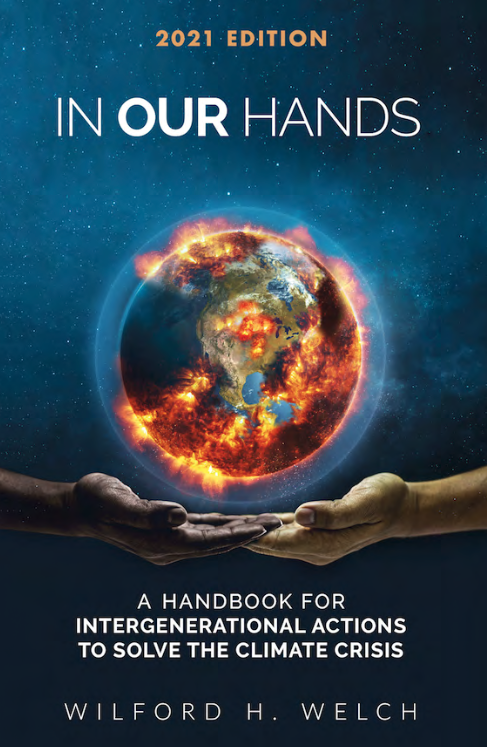President Trump denies that global warming is primarily caused by human activity, such as the burning of coal, or even that it is a problem at all. Under pressure from him, most federal agencies are rolling back regulations and continuing subsidies that will increase CO2 emissions, for example, loosening of gas mileage standards for new cars and easing regulations governing power plant smoke stack emissions. These same agencies recently released the dramatic findings of the Fourth National Climate Assessment, an assessment that was mandated by Congress. These findings show that global warming is not only occurring, it is rapidly getting worse—an assessment that stands in stark contrast to the actions of these same federal agencies. The findings confirm that human activities are in fact the primary cause of global warming and that it will have devastating effects on our country if not addressed immediately.
Attached are the summary findings of the assessment undertaken by 13 federal agencies, including the Environmental Protection Agency, (EPA), the Department of Commerce, Department of the Interior, the National Oceanic and Atmospheric Administration (NOAA), et al. https://nca2018.globalchange.gov/downloads/NCA4_Ch01_Summary-Findings.pdf
Below is a summary of the likely impacts in each region and some actions being taken to mitigate these impacts. This is good to see but not nearly enough. All of us need to be taking action, including pushing our representatives at the local, state and national levels.
The chart below outlines the degree to which temperatures are expected to rise, depending on whether or not we all work to seriously curb CO2 emissions.








